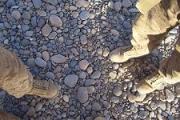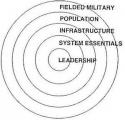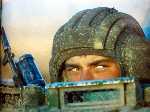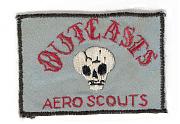Someday Gen. Abizad is going to have to explain why he did not request additional troops. When the issue was raised early on, both the President and the Secretary of Defense said that if the commanders say they need additional troops we will see that they get them. Yet, everytime Gen. Abaizaid was given the opportunity at congressional hearings and in interviews he said he did not need them. Early on the explanation was that they did not need more troops they needed better intelligence. The fact is they probably needed both, and they did not get both until the new Iraqi army forces were trained. There still seems to be some reluctance to admit the importance of force to space ratios in counter insurgency operations, but if you look at the impact of additional troops brought into Baghdad in the last few weeks, it is pretty clear that it works.
It also saves lives, since you do not have to buy the same space more than once.
The fear of being seen as an occupying army also seems over blown by the proponents of the small foot print strategy. It is clear now that the Iraqis in Baghdad were happy to see the US forces come in to protect their neighborhoods. It could be that this is just the results of the enemys campaign against non combatants waged for the last two years, but at this point the Iraqis know who is the bigger threat to non combatants and it is not the US troops.
Too much of the debate on this issue has been politicized by the media, war opponents and former generals. The man who was ultimately reonsible for the decision on force levels was the Centcom commander and he still needs to do a better job of explaining his decisions.








 .
.
 .
. 




Bookmarks